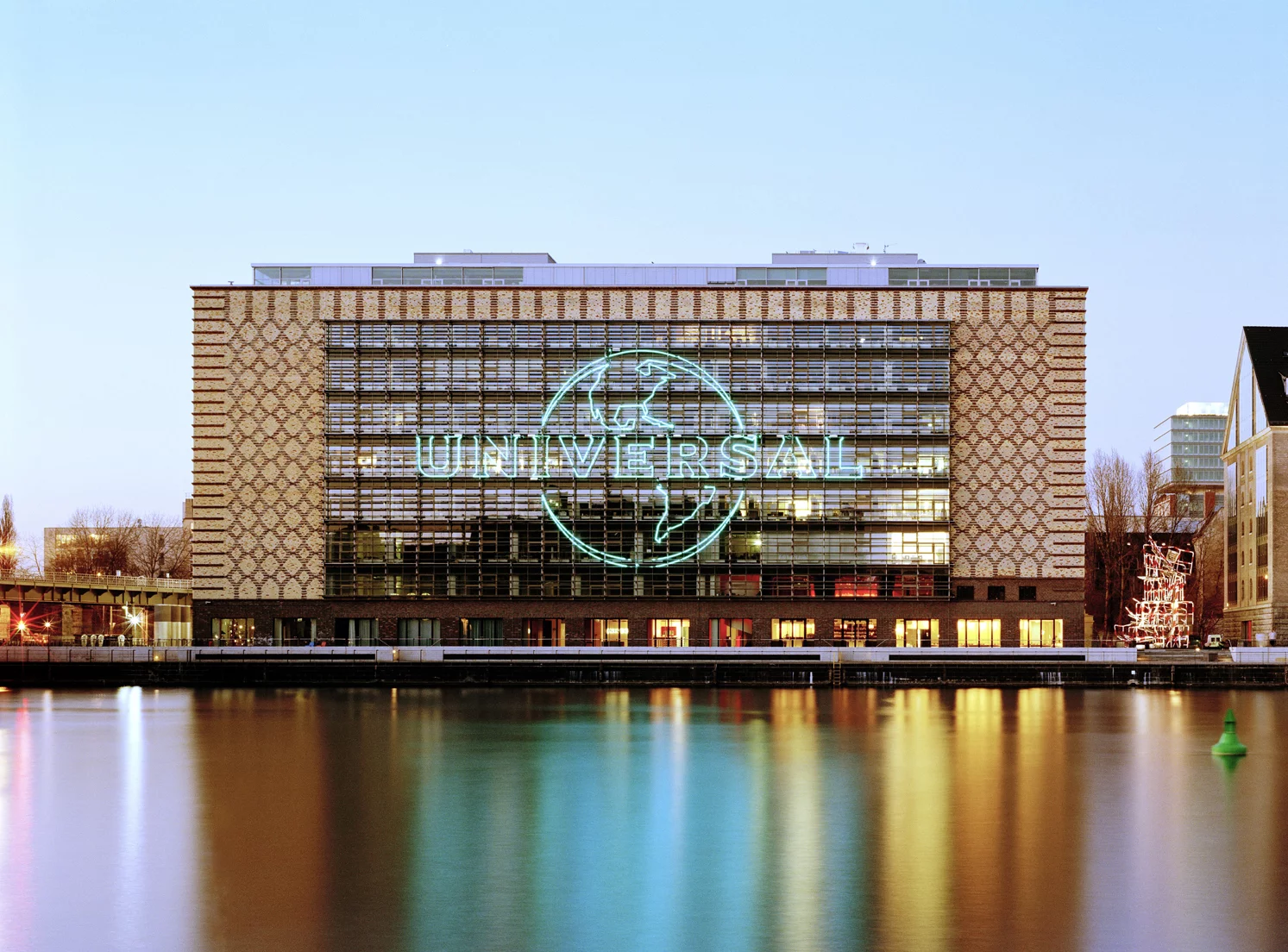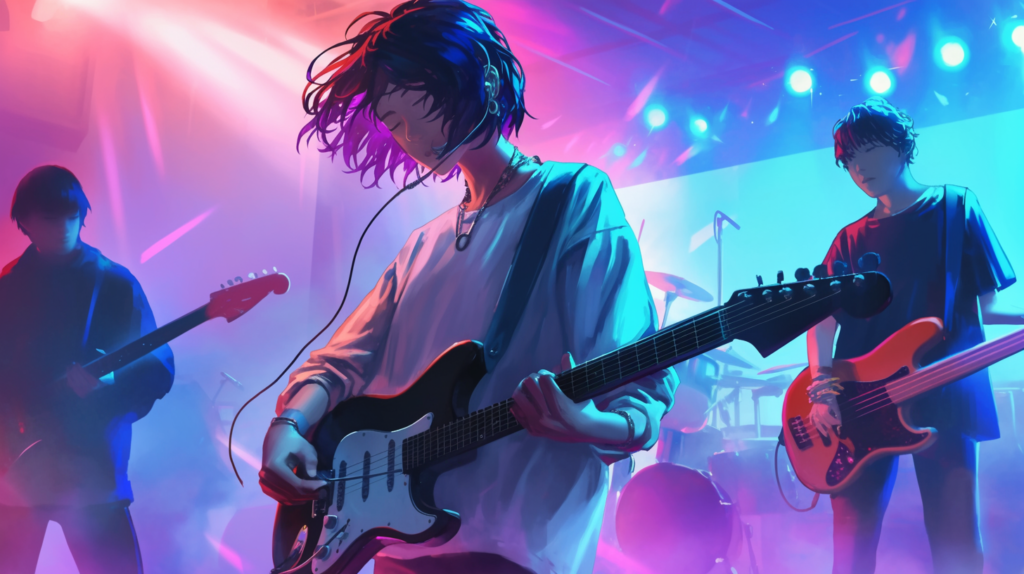
The music industry is facing a new challenge with the rise of AI-generated music. Recently, Universal Music Group, Sony Music Entertainment, and Warner Records filed lawsuits against AI music startups Suno and Udio, alleging extensive copyright infringement. The lawsuits have sparked a heated debate about the tension between technological innovation and intellectual property rights. As AI-generated music becomes more prevalent, it’s essential to explore the implications of this technology on the music industry and beyond. This blog post will delve into the lawsuits, the potential impact on the music industry, and the broader implications for AI-generated content.

The Lawsuits: Allegations of Unauthorized Use
The lawsuits filed by Universal Music Group, Sony Music Entertainment, and Warner Records against Suno and Udio allege that the AI startups used copyrighted music without permission to train their AI models. The record labels claim that the AI companies copied decades’ worth of popular sound recordings to produce AI-generated music that mimics genuine human recordings. Specific examples of copyrighted songs used without permission include “My Girl” by The Temptations and vocal imitations of Michael Jackson and Bruce Springsteen.
According to the court documents, the record labels argue that the AI startups’ actions constitute extensive copyright infringement. The legal arguments presented by the record labels center around the idea that the AI startups’ use of copyrighted music without permission is a clear violation of intellectual property rights.

The Potential Impact on the Music Industry
The potential consequences of AI-generated music on the music industry are far-reaching. The record labels argue that AI-generated music could devalue original works by human artists and diminish the quality and economic value of genuine sound recordings. The Recording Industry Association of America (RIAA) emphasizes the need for responsible AI development that respects artists’ rights.
The rise of AI-generated music raises questions about the value of original music and the role of human artists in the creative process. If AI-generated music becomes indistinguishable from human-generated music, it could lead to a devaluation of original works and a loss of revenue for artists and record labels.
Broader Implications for AI and Creative Industries
The lawsuits highlight the ongoing tension between technological innovation and intellectual property rights in the AI space. As AI-generated content becomes more prevalent, it’s essential to explore the ethical and legal implications of AI intersecting with creative industries.
The case of AI music startups and the music industry is just the tip of the iceberg. As AI-generated content becomes more sophisticated, it will intersect with other creative industries, such as literature, visual arts, and film. The need for reorientation and adaptation in the face of AI integration is clear. Rules need to be changed, and mindsets need to shift to accommodate the wave of AI integration that’s coming.
The Bigger Picture: AI-Generated Content and Intellectual Property
The lawsuits against AI music startups have broader implications for AI-generated content and intellectual property rights. The case could set precedents for how AI-generated content is regulated and monetized in the future.
Experts argue that responsible AI development is essential to ensure that AI-generated content respects intellectual property rights. Striking a balance between innovation and protection of intellectual property is crucial. The future of creative industries depends on it.
The lawsuits against AI music startups Suno and Udio have sparked a critical conversation about the tension between technological innovation and intellectual property rights. As AI-generated music becomes more prevalent, it’s essential to consider the implications on the music industry and beyond.
The need for responsible AI development that respects artists’ rights is clear. The future of creative industries depends on striking a balance between innovation and protection of intellectual property. As we move forward in the age of AI integration, it’s essential to reorient ourselves to accommodate the changing landscape of creative industries.
 Suno and Udio get Sued: The AI Music Startup Lawsuits and the Future of Creative Industries
Suno and Udio get Sued: The AI Music Startup Lawsuits and the Future of Creative Industries